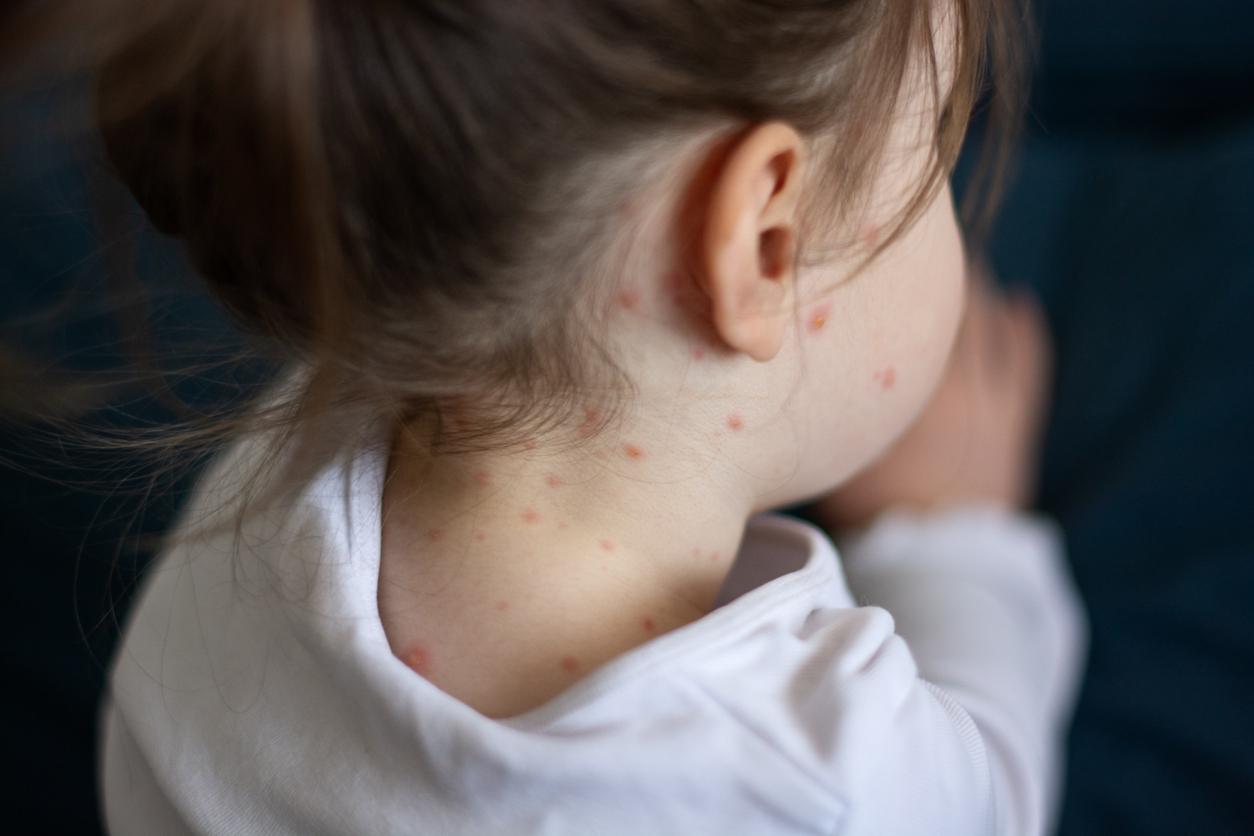Should new migrants arriving in Europe be tested? The question is at the heart of the reflections of a committee of experts. The specialists, gathered this weekend in Amsterdam (Netherlands) during the annual infectious disease conference, fear that diseases that have now disappeared could resurface with the massive influx of migrants.
Scabies, measles, cholera, tuberculosis or typhoid fever could occur due to the sanitary conditions of the makeshift camps where the refugees are gathered. The difficult access to health care, the lack of drinking water, medicines and food increase the risk of infection among the refugee community. A tired population, weakened by journeys and often from countries where these diseases are still widespread.
The vulnerability of the refugees combined with the poor equipment of the centers will become more and more problematic, assure the specialists. Ultimately, if nothing is done, the appearance of infectious diseases could affect Europeans. A significant threat at a time when the mistrust of vaccinesincreases and the resistance of bacteria to antibiotics increases.
Screening and vaccination needed
To prevent this infectious risk, experts plead for a concerted policy between European governments. Screening new arrivals for certain diseases as well as access to treatment and vaccination are serious avenues to consider.
More than a million migrants arrived in Europe in 2015. Since the start of the year, the number of new refugees is estimated at 180,000.
Read also: Resistance to antibiotics, alarming consequences
Measles: the number of cases continues to increase


















